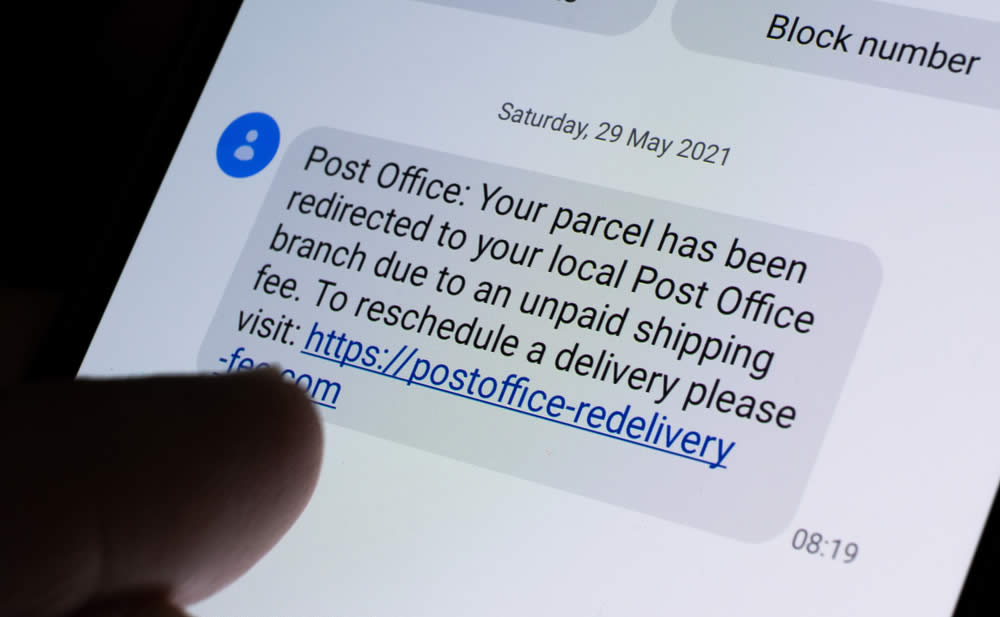Spam texts and calls are getting increasingly out of control – if they’re not a regular occurrence for you then you’re one of the lucky ones, but it is possible to fight back, and Three is doing just that.
The network reports that it has blocked more than 173 million spam and scam texts in total over the last two years, which equates to 10,000 every single hour of every single day. That gives you an idea of just how big the problem of spam texts is.
Of course, the fact that Three has blocked this many is great news. It has done so using AI-powered blocking technology from Mavenir, which it’s the first UK network to incorporate.
But this can’t block every scam or spam message, and if you’re on another network then you won’t be benefitting from this anyway (though hopefully other networks will offer similar tools soon). It also doesn’t do anything about scam or spam calls, which are a huge issue too.
Indeed, Ofcom reported that during summer 2023, eight in ten people experienced some form of phone scam, on top of which 72,000 calls have been reported to 7726 (a free spam-reporting service). So this is a problem that isn't going away.
Common text scams
So what can you do? Well, being aware of the most common scams is a good start. One of the most common relates to banking matters, where you might get a call or a text claiming to be from your bank. These might say that your account has been blocked or that a major transaction you don’t recognise has been made.
These sorts of texts and calls are designed to scare you into taking immediate action, which can mean giving a scammer your account details. So if you think there’s any possibility that the call or text is genuine, you should call the number on the back of your card or on your bank’s official website, so that you’re certain it’s your bank that you’re talking to.
Another common scam is related to parcel delivery, where you might get a message with a link to track a delivery or pay a customs charge. If you’re expecting a parcel then this could be genuine – but it also might not be. So if you’re in any doubt, head to the delivery company or retailer’s website by typing the name into Google – don’t use any link that was sent to you.
Yet another common scam takes the form of text messages sent by someone who claims to be a friend or family member, who will then ask for money. They’ll likely say they lost their phone or got a new number, hence the unrecognisable one they’re contacting you on. In that case, you should call them, or contact them on social media, to confirm it’s them you’re speaking to.
What else can you do?
These are just the tip of the iceberg as far as scam texts, calls, and emails go. There are many others such as wrong numbers who try and start a conversation, or scammers pretending to help you claim on a recent accident that you may or may not have had. But the same core advice always applies – if you’re in any doubt at all, then find an official way of contacting the person or company that claims to be speaking to you.
You can also use services such as the Truecaller app to block spam calls, and when you do receive a scam communication, there are often tools you can use to report it – many email providers have an option to report scams for example, and you can also report scam texts and calls to 7726, while Three for its part has introduced one-click spam reporting on Android devices for anyone with a Three plan.
So while the fight against spam and scams may never be over, there are increasingly tools to help, but most importantly just remain vigilant so you stay safe – and make sure less tech-savvy friends and family members are also aware of what to look out for.





